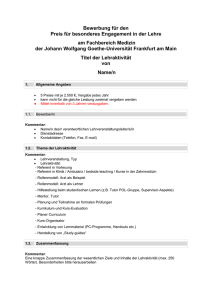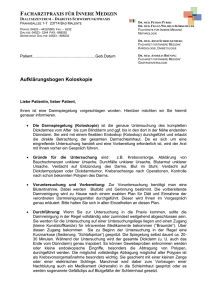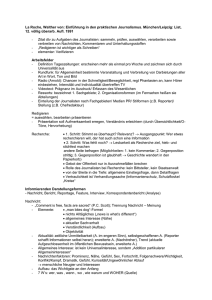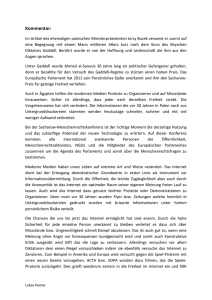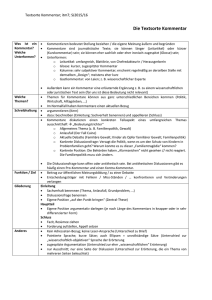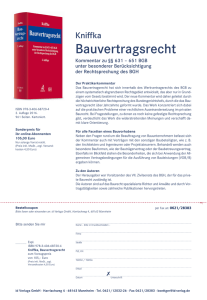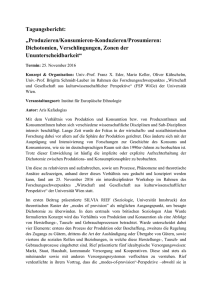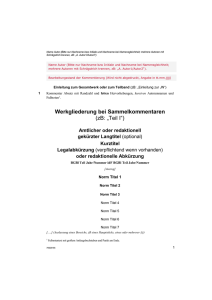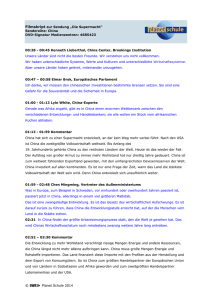Paul-Gerhard Nohl Geistliche Oratorientexte
Werbung
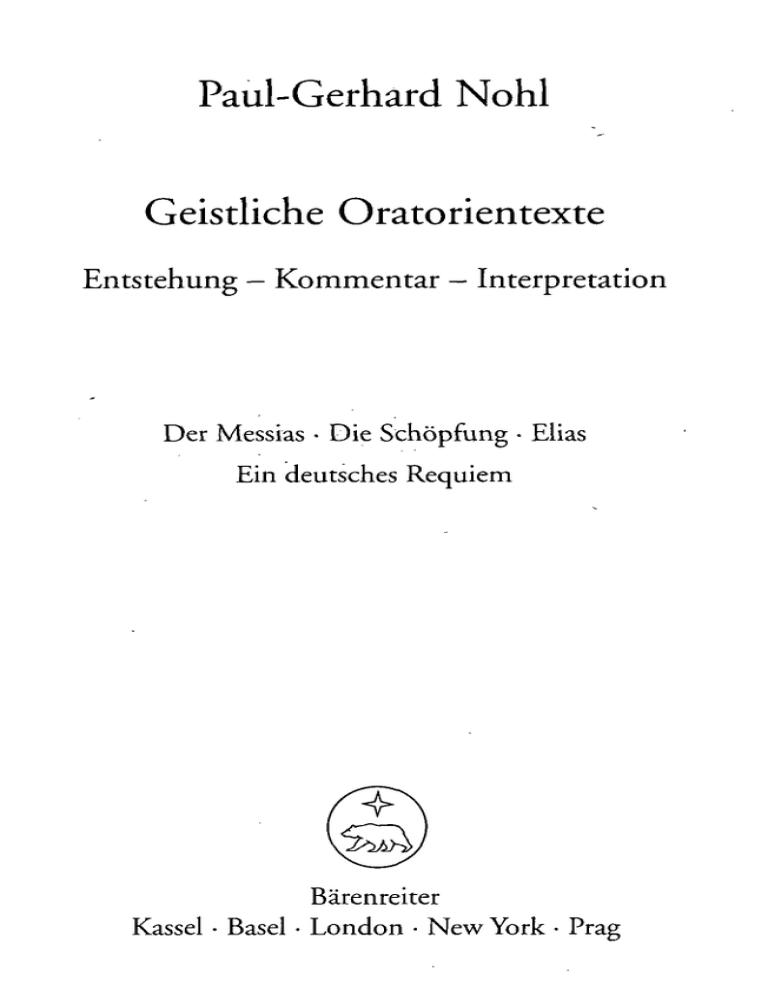
Paul-Gerhard Nohl Geistliche Oratorientexte Entstehung — Kommentar — Interpretation Der Messias • Die Schöpfung • Elias Ein deutsches Requiem Bärenreiter Kassel • Basel • London • New York • Prag INHALT Einleitung Zur Kommentierung der Oratorientexte Abkürzungen .' 9 13 17 DER MESSIAS Georg Friedrich Händel - Charles Jennens Einstimmung Entstehung Text, Übersetzung und biblischer Kontext Kommentar zum Gesamttext Einzelkommentar Teill A Historisch-kritischer Kommentar des Bibeltextes B Kommentar des Librettotextes Teil II Vorbemerkung A Historisch-kritischer Kommentar des Bibeltextes B Kommentar des Librettotextes Teil III Vorbemerkung A Historisch-kritischer Kommentar des Bibeltextes B Kommentar des Librettotextes Bedeutung 20 24 44 69 84 103 106 109 124 126 126 130 132 DIE SCHÖPFUNG Joseph Haydn - John Milton, Anonymus, Baron Gottfried van Swieten Einstimmung Entstehung Baron Gottfried Bernhard van Swieten Uraufführung Das Libretto John Milton und sein Epos Paradise Lost Paradise Lost Text und biblischer Kontext Kommentar zum Gesamttext Schöpfungsglaube in der Bibel Die beiden Schöpfungsgeschichten in Genesis 1 und 2 Theologie und Philosophie im Libretto Baron van Swietens und Haydns Einzelkommentar Teil I A Historisch-kritischer Kommentar des Bibeltextes B Kommentar des Librettotextes Teil II A Historisch-kritischer Kommentar des Bibeltextes B Kommentar des Librettotextes Teil III A Historisch-kritischer Kommentar des Bibeltextes B Kommentar des Librettotextes Bedeutung 136 139 141 148 150 157 159 163 175 175 183 187 193 204 213 221 230 234 244 ELIAS Felix Mendelssohn Bartholdy - Carl Klingemann, Julius Schubring Einstimmung Entstehung Religion im Leben Felix Mendelssohn Bartholdys Mendelssohn Bartholdy und die Kirchenmusik seiner Zeit . . . Von der Planung des Elias bis zur Uraufführung Text und biblischer Kontext Kommentar zum Gesamttext Die biblische Elias-Gestalt in historisch-kritischer Sicht Das Textbuch Einzelkommentar Teil I Teil II Bedeutung Historisch-theologische Aspekte Theologisch-dogmatische Aspekte Religionssoziologische Aspekte Psychologische Aspekte 248 253 253 261 264 285 330 330 338 345 359 381 382 384 385 389 EIN DEUTSCHES REQUIEM Johannes Brahms Einstimmung Entstehung Lebenslinien Religiöse Sozialisation Einflüsse von Freunden Brahms' Arbeit am Deutschen Requiem Text und biblischer Kontext Kommentar zum Gesamttext 394 398 399 403 405 408 410 423 Einzelkommentar Satz I A Historisch-kritischer Kommentar des Bibeltextes ' . . . . B Kommentar des Librettotextes Satz II A Historisch-kritischer Kommentar des Bibeltextes B Kommentar des Librettotextes Satz III A Historisch-kritischer Kommentar des Bibeltextes B Kommentar des Librettotextes Satz IV A Historisch-kritischer Kommentar des Bibeltextes B Kommentar des Librettotextes SatzV A Historisch-kritischer Kommentar des Bibeltextes B Kommentar des Librettotextes Satz VI A Historisch-kritischer Kommentar des Bibeltextes B Kommentar des Librettotextes Satz VII A Historisch-kritischer Kommentar des Bibeltextes B Kommentar des Librettotextes Bedeutung Anmerkungen 429 435 440 443 445 450 452 453 454 457 460 467 469 470 473 478
